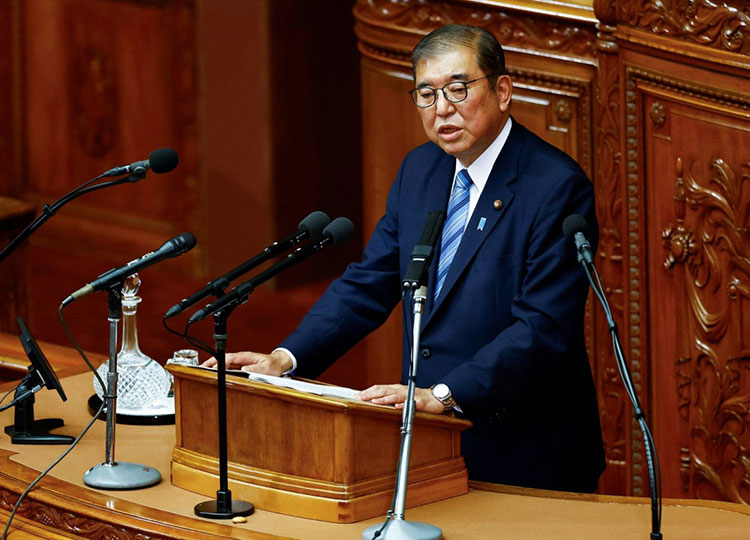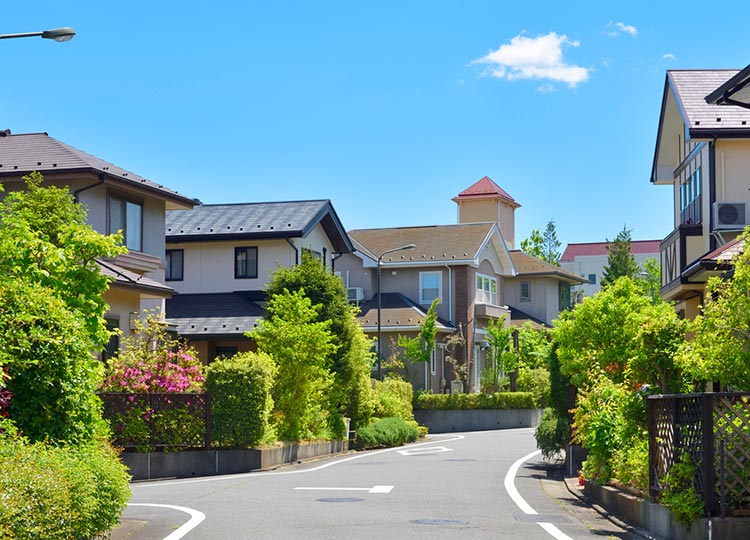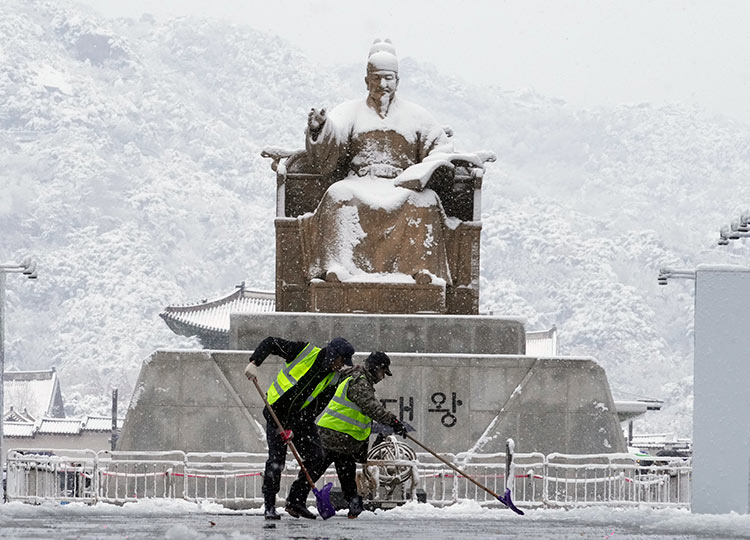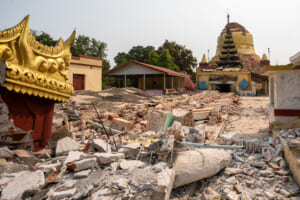Ishiba sticks to the basics in second policy speech
臨時国会召集、石破首相が所信表明

Prime Minister Shigeru Ishiba, in his second policy speech as prime minister after the start of a 24-day extraordinary session of parliament, began with a candid reflection on his [to
既に定期購読会員の方
ログイン方法がわからない方はこちら
Ishiba sticks to the basics in second policy speech
臨時国会召集、石破首相が所信表明



プレイリスト
記事を選んでリスニング
12月13日の他記事
-
Mr. and Mrs. Nagano
家の思い出3:ナガノ夫妻

reuters
EssayDecember 13, 2024 -
Biggest November snowstorm in half a century hits Seoul; at least 2 dead
11月にソウルで記録的大雪 死傷者が出るなど被害甚大

reuters
Easy ReadingDecember 13, 2024 -
Many municipalities in Japan lack understanding of megaquake advisory system
日本の多くの自治体で 地震臨時情報の理解進まず

reuters
Easy ReadingDecember 13, 2024 -
Oita court sentences man to 8 years in prison for dangerous driving resulting in death
時速194キロで事故の男に懲役8年

reuters
National NewsDecember 13, 2024
-
Tens of thousands in US protest against Trump policies
全米各地でトランプ氏への抗議デモ

AFP-JIJI
Top NewsApril 18, 2025 -
Myanmar quake survivors without food, shelter
ミャンマー大地震、死者2,000人超

Reuters
Top NewsApril 11, 2025 -
Japan becomes 1st nation to secure World Cup berth
サッカー日本代表、W 杯出場決定

reuters
Top NewsApril 4, 2025 -
Dodgers get title defense off to winning start in Tokyo
MLB が東京で開幕、ドジャースが勝利

reuters
Top NewsMarch 28, 2025







